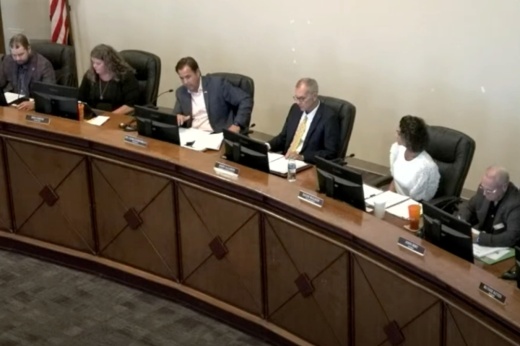According to the Texas Education Agency, school districts can make their necessary recapture payments by purchasing attendance credits from the state.
Recapture, also known as “Robin Hood,” allows Texas to remove local property tax dollars from public school districts, according to recapturetexas.org. Legislators can then use these dollars to help balance the state budget.
The details
The Texas Education Code makes provisions for certain districts with excess local revenue to pay funds back to the state for distribution to other districts. According to KISD documents, the TEC determined KISD’s Tier II local share—which are dollars subject to recapture—will exceed the district’s entitlement for the 2023-24 school year.
Zooming in
The TEA has determined that KISD must reduce its excess local revenue level by $2.5 million. The district will do that by purchasing average daily attendance credits, according to district documents.
District documents stated the TEA made KISD’s recapture estimate based upon the following:
- Enrollment estimates for the 2023-24 school year
- Estimated property values for 2023 tax year
What they’re saying
Several board members took issue with the idea of sending money back to the state via attendance credits.
“This is the state being a de facto mafia,” Place 5 Trustee Chris Coker said. “They’re forcing us to give them $2.5 million whether we have it or not.”
Acting Superintendent John Allison reminded the board during the meeting that the recapture case has been litigated, so should the board withhold payment it could face legal fees on top of the recapture payment.
Board President Charles Randklev said recapture payments are unfair, especially because districts don’t know “where the money is going and how the money is spent.”
“At the end of the day, if the argument is being made that recapture is to help property-poor school districts, or school districts that have high needs, we have high needs in this school district,” Randklev said. “The idea that we would send our money back to Austin without any transparency or accountability is unpalatable.”
Randklev then advised residents to contact their representatives due to the likelihood of a special legislative session concerning recapture and accountability in September or October.
“This process is broken,” Randklev said. “The idea that we are sending recapture dollars back but calling them education credits—we can’t even call it what it is—is a shakedown. It’s ridiculous.”





